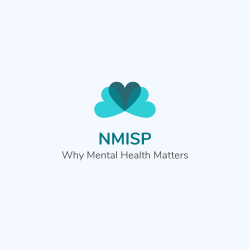Preparing for a Possible Pandemic in 2023: A Comprehensive Guide

February 3, 2023
0 Comments
What Can We Learn from the Past to Prepare for a Possible Pandemic in 2023? In the wake of the COVID-19 pandemic, it is now more important than ever to
